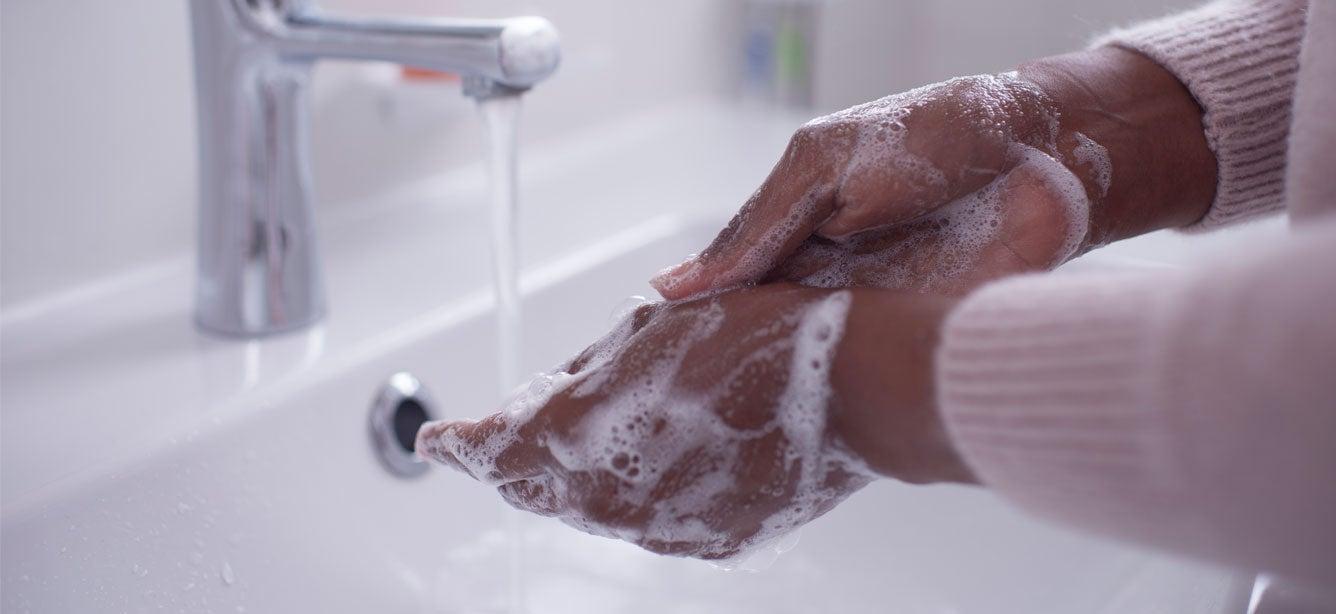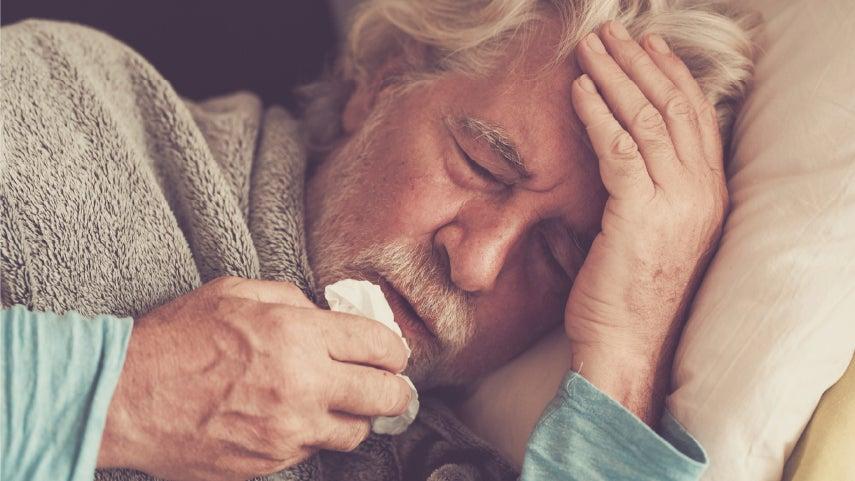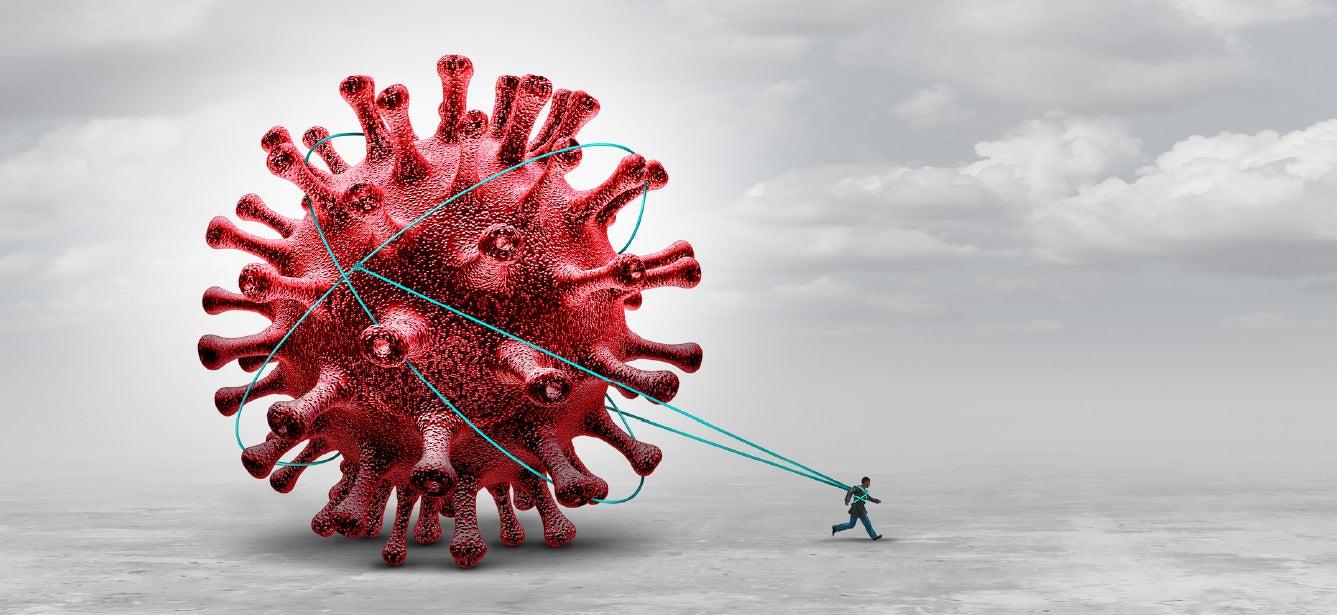
Who is most at risk for COVID-19?
The CDC has identified older adults and people with severe chronic medical conditions like heart, lung, kidney, or autoimmune diseases and cancer at higher risk for complications from COVID-19.
Why are older adults so affected?
The reason COVID-19 is so dangerous for older adults is the same reason they are at higher risk for complications from the seasonal flu. As people age, their immune system weakens, and they lose their ability to fight off infection. Older people also are more likely to have chronic diseases that make it harder to cope with and recover from illness.
Should older adults stay at home and avoid going out, even to senior centers?
The CDC recommends that older adults and those who are at higher risk take the following steps:
- Stock up on supplies.
- Take everyday precautions to keep space between yourself and others.
- When you go out in public, keep away from others who are sick, limit close contact and wash your hands often.
- Avoid crowds as much as possible.
- Avoid cruise travel and non-essential air travel.
- Postpone/reschedule medical appointments that are not medically necessary, such as routine checkups.
If COVID-19 is spreading in your community:
- Practice social distancing and stay away from anyone who is sick.
- Take extra measures to put distance between yourself and other people to further reduce your risk of being exposed to this new virus.
- Stay home as much as possible.
- Consider ways of getting food brought to your house through family, social, or commercial networks.
What can family and friends do to support older adults?
Family members, neighbors, and caregivers can:
- Know what medications your loved one is taking and see if you can help them have extra on hand. If you have problem getting refills, talk to your pharmacist about what can be done. Many insurance companies are easing limitations on refills during this crisis and allowing 3-months’ supply for many medications, except pain medication in some cases. Use mail order pharmacies if that is an option for you.
- Monitor food and other medical supplies (oxygen, incontinence, dialysis, wound care) needed and create a back-up plan.
- Stock up on non-perishable food items to minimize trips to stores.
- Make a plan for who will care for your loved one, if they become sick.
- Check in on older loved ones regularly by phone, email, and text to combat social isolation.
- Help loved ones reschedule non-medically necessary doctor’s and other health professional appointments.
What should someone do if they think their older loved one has COVID-19?
Potential COVID-19 symptoms include fever, dry cough, and shortness of breath. If you or your older loved one develops symptoms, call your doctor first before going to the doctor’s office or hospital. According to the CDC, emergency warning signs for COVID-19 that require immediate medical attention include difficulty breathing or shortness of breath, persistent pain or pressure in the chest, new confusion or inability to arouse, and bluish lips or face.
What COVID-19 vaccines are currently available?
Two COVID-19 vaccines have been approved by the U.S. Food and Drug Administration (FDA). Results from large-scale clinical trials from Pfizer/BioNTech and Moderna showed 94-95% effectiveness in preventing illness. These results are remarkable and much better than expected. We can be assured the vaccines are effective, but experts are still reviewing how long they will last.
How can people help stop the spread of COVID-19?
The same common-sense recommendations that are already in place for other viral infections also make the most sense now. These include:
- Wash your hands often with soap and water for at least 20 seconds, especially after going to the bathroom; before eating; and after blowing your nose, coughing, or sneezing.
- Avoid touching your eyes, nose, and mouth with unwashed hands.
- Stay home when you are sick.
- Cover your cough or sneeze with a tissue, then throw the tissue in the trash.
It is also essential that people of all ages, even those who are not symptomatic, practice physical distancing and reduce physical contact with others as much as possible. This includes not gathering at sporting events, faith-based organizations, civic functions, and businesses.
Will I still have to wear a mask and take other precautions after I’m vaccinated?
Although the vaccines are more than 94% percent effective at reducing illness, we don’t yet know whether they reduce the likelihood of contracting the coronavirus and being an asymptomatic carrier and unknowingly infecting others. It also will take some time to vaccinate most of the population. That's why it's important to continue following the recommendations above.



